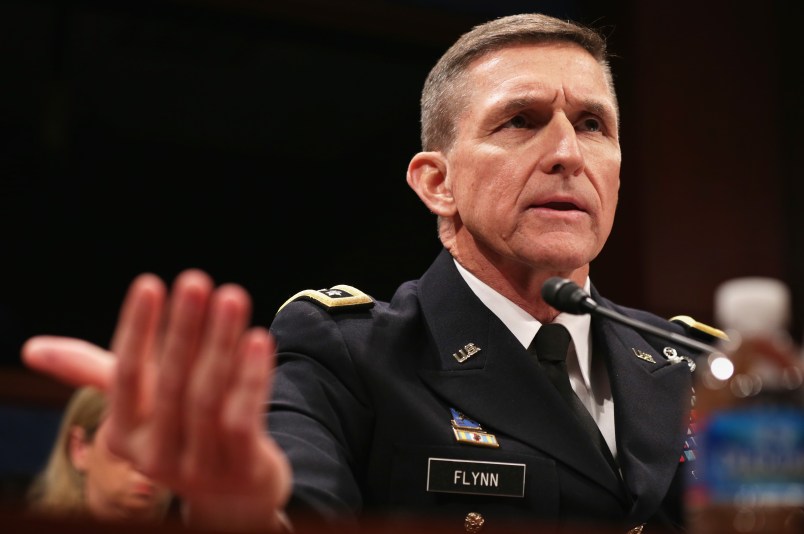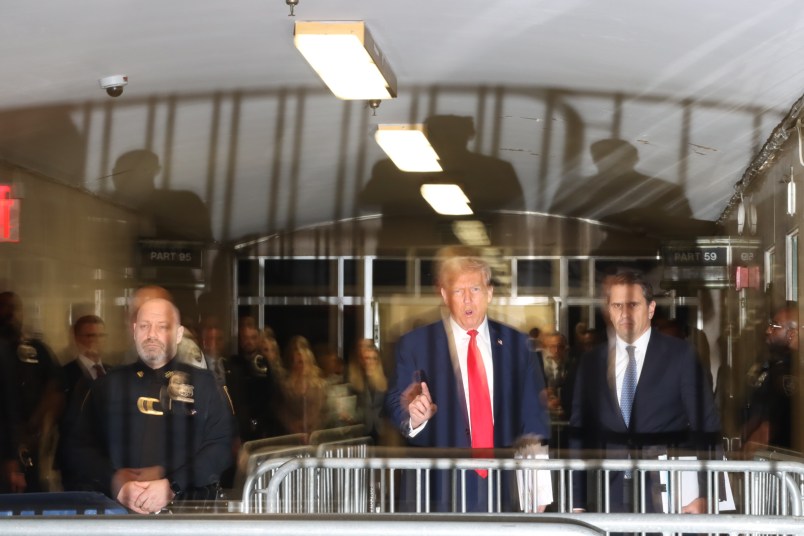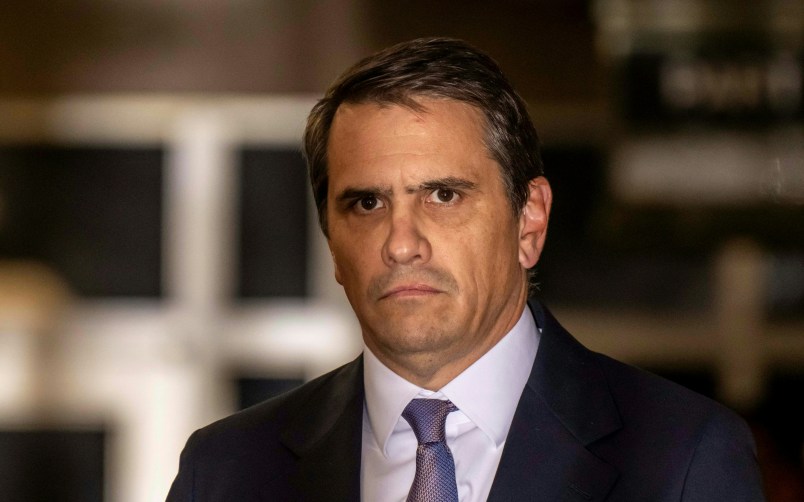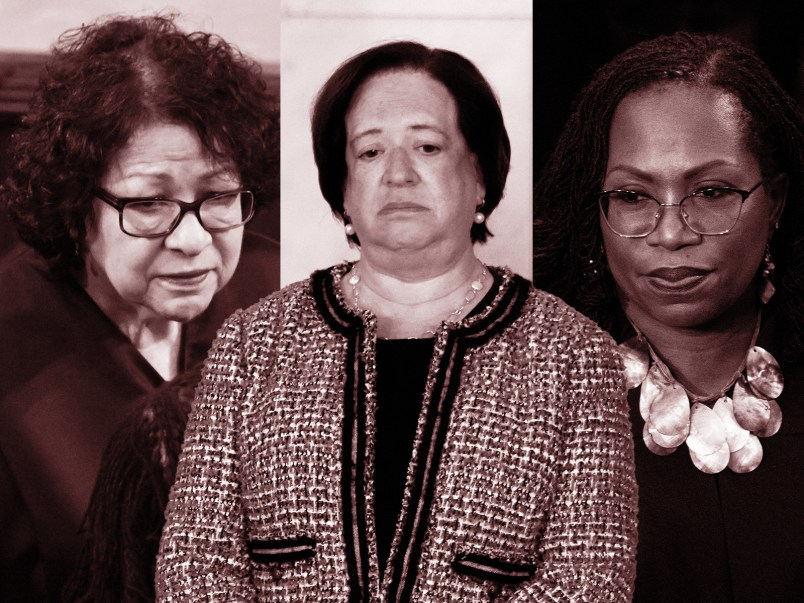House Intelligence Chairman Adam Schiff (D-CA) joined a growing chorus of Democrats and Republicans alike in calling for the release of a transcript report from Michael Flynn’s infamous late 2016 conversations with Sergey Kislyak, then the Russian ambassador to the U.S.
Schiff requested that transcript report be declassified and publicly released, in a letter Thursday to Richard Grenell, the outgoing acting director of National Intelligence. Grenell’s replacement, Rep. John Ratcliffe (R-TX), was just confirmed.
Schiff is asking Grenell to release the Flynn-Kislyak transcript report to “ensure a transparent and complete public record free of political manipulation.”
Schiff said Grenell’s recent move to release the names of Obama-era officials who sought to “unmask” Flynn in other intelligence reports was a “transparent political act.”
Unmasking is the process by which certain government officials can ask that the names of U.S. persons — whose identities are often concealed in intelligence products — be revealed.
Schiff said Grenell had engaged in “selective declassification” and had “used the authorities of your position to insinuate wrongdoing by officials who acted appropriately.”
Schiff is also requesting that the underlying intelligence reports referenced in Grenell’s “unmasking list” (which apparently did not include the Kislyak commnications, because in that summary Flynn’s name was never concealed) be turned over to his committee and publicly released with the appropriate redactions.
Pressure is growing on the Trump administration to release the Kislyak transcripts from both sides of the Flynn debate. Flynn’s defenders believe it will exonerate the former National Security Advisor. Others believe the transcript will show how inappropriate the conversation was, undercutting the Justice Department’s new claim that the FBI had no legitimate reason to interview Flynn about the communications.
Flynn pleaded guilty to lying to the FBI about the communications, but he and the Justice Department are currently trying to get that prosecution dropped. The Justice Department previously balked at an order by Flynn’s judge last to file the transcript publicly in Flynn’s case.
Schiff’s demand came on the heels of a similar request from Senate Intelligence Committee Vice Chair Mark Warner (D-VA) earlier this week. Senate Judiciary Chuck Grassley (R-IA) also sent Grenell and Attorney General Bill Barr a letter this month demanding the records, having previously requested them in 2017. He said they would help bring “accountability” to the “wrongdoing” done by the Justice Department by prosecuting Flynn, who entered his guilty plea in December 2017.
Specifically, Flynn made false statements to the FBI about whether he discussed with Kislyak sanctions that had been imposed by the Obama administration for Russia’s election meddling.
Now that the Justice Department and Flynn are trying to undo special counsel Robert Mueller’s prosecution of Flynn, Barr has claimed that the Kislyak conversations were appropriate and even “laudable.”
Former DOJ officials, however, have described being alarmed by the transcript report, both because it contradicted to what Trump’s top aides were telling the public about the conversation and because of the underlying substance of the communications.
Flynn himself told Mueller’s office that he left off the sanctions topic in a summary sent to the Trump transition team documenting the late 2016 Kislyak call because, in the words of Mueller’s report, he believed “it could be perceived as getting in the way of the Obama Administration’s foreign policy.”










